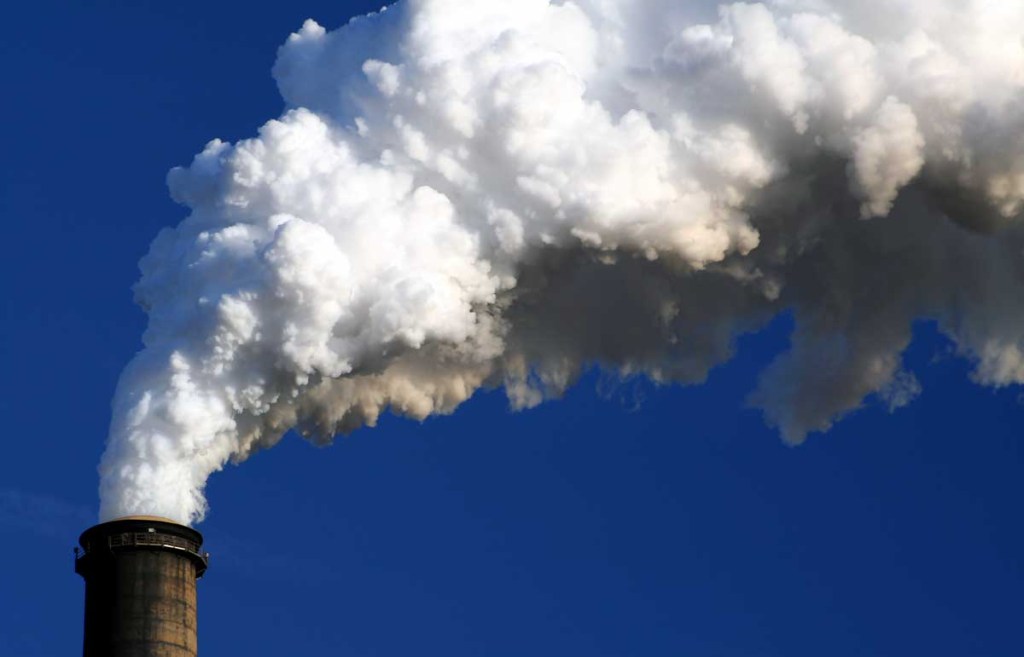Optimism runs high for coal industry, despite Trump’s conflicting promises
Published 5:00 pm Friday, November 18, 2016

- MorgueFile
WASHINGTON – As he traveled around West Virginia coal country in the days after Donald Trump’s election, Republican Rep. Evan Jenkins said he was seeing “happier faces.”
But as Trump’s promises to put miners back to work inspire optimism and encourage coal industry leaders, some experts and even coal-state Republicans are cautious about whether his policies can really lead to a resurgence of jobs in depressed communities in West Virginia, Kentucky and Pennsylvania.
Trump promised in his campaign to undo the environmental regulations that are part of what President Barack Obama’s critics call a “war on coal.”
But Wall Street analysts and academics tracking the energy industry note Trump’s promises are somewhat contradictory: He pledges to bring back coal, but he also promises to increase production and improve infrastructure for coal’s main competitor, natural gas.
“If you really want to help coal, you would take steps to increase the price of natural gas, not lower it,” said University of Kentucky economics professor Kenneth Troske.
Emily Hammond, an expert in energy law at George Washington University, formerly at the University of Oklahoma, said it’s hard to help both. “Increasing natural gas production is likely to contribute to an even faster decline for coal,” she said.
Coal’s recent struggles are due to a number of forces besides Obama policies including the Clean Power Plan, which sets emissions standards on new or remodeled power plants. Among those other factors is the cheaper price of gas.
Even some of coal’s biggest defenders take a realistic view.
“I don’t think any of us in the state believe that by flipping the switch, business is going to return as broadly or as robustly,” said Sen. Shelley Moore Capito, R-W.Va., in an interview Thursday.
Senate Majority Leader Mitch McConnell, R-Ky., said at a press conference at the University of Louisville last week that senators will work with Trump to undo the “assault” on coal.
“Whether that immediately brings business back is hard to tell because it’s a private sector activity,” he acknowledged.
Even with no guarantee, Capito and industry leaders say they no longer face a president in Obama – or someone like Democratic presidential nominee Hillary Clinton – seen as actively trying to kill the industry.
“What we’re looking for is stabilization and to stop the bleeding,” Capito said.
Trump won 69 percent of the vote in West Virginia, where Capito said the Republican “tapped into the feeling (from Democrats) that ‘You’re going to lose your jobs, and we created the situation, and we don’t really care.’”
Still, Capito said coal states like hers need to diversify their economies. This week she introduced a bill that she hopes Congress will take up as part of tax reform next year, bringing more development incentives to her state.
Nick Carter, interim director of the Kentucky Coal Association, acknowledged in an interview, “If you look realistically at the situation, we’re not going to see an immediate impact (from Trump’s victory.)
“What you have to do to turn around a big ship is usually a pretty slow process,” he said.
But the Clean Power Plan now prevents cost-efficient coal plants from being built, he said, because it requires them to have anti-pollution technology. Under the plan, as old plants go offline and are not replaced, the coal industry faces a fall from producing 30 percent of the nation’s energy to zero.
Coal’s share of the market might still decline in Trump’s administration, said Carter, but “it will become steady.”
Bill Raney, president of the West Virginia Coal Association, said more jobs could come from “having someone with a positive outlook in the White House.”
Jenkins, meanwhile, argued that other Trump policies will stimulate the economy and steel production, which also helps coal.
Benjamin Salisbury, senior energy policy analyst for FBR & Co., said it’s true that policies lowering natural gas prices could hurt coal in some areas.
But undoing regulations will help coal, he said.
Whether coal comes out ahead, despite gains by its competitor, is hard to tell, he said.
In a note to investors two days after the election, Salisbury’s firm said Trump’s victory will be “broadly positive for coal.” Job losses from the Clean Power Plan likely won’t be reversed by its undoing. Allowing more mining on federal lands in the west will help coal companies in Montana.
Undoing of stream protection rules will help northern Appalachian coal companies, the report said.
In addition, Capito and Jenkins said Trump’s attention to the plight of coal communities could spur Congress to bail out the United Mine Workers of America’s pension and health care plans.
Despite their optimism, the University of Kentucky’s Troske said any gains are likely only temporary.
Utilities are building power plants that do not use coal because they are still concerned about global warming, he said, and because natural gas is cheaper.
To Lukas Ross, a spokesman for Friends of the Earth, Trump’s promises of resurrecting the coal industry gives communities false hope and distracts from looking for a new future.
That group, as well as the watchdog group Taxpayers for Common Sense, are concerned that Trump’s energy policies will lead to more subsidies for unproven clean-coal plants that use technology to capture carbon emissions.
The Southern Co., which is building one such plant, the Kemper coal facility in central Mississippi, did not return a request for comment.
However, the environmental and taxpayer groups said the Kemper plant stands to get about $695 million in subsidies over the next decade – on top of about $800 million it has already received.
Kery Murakami is the Washington, D.C. reporter for CNHI’s newspapers and websites. Contact him at kmurakami@cnhi.com.

